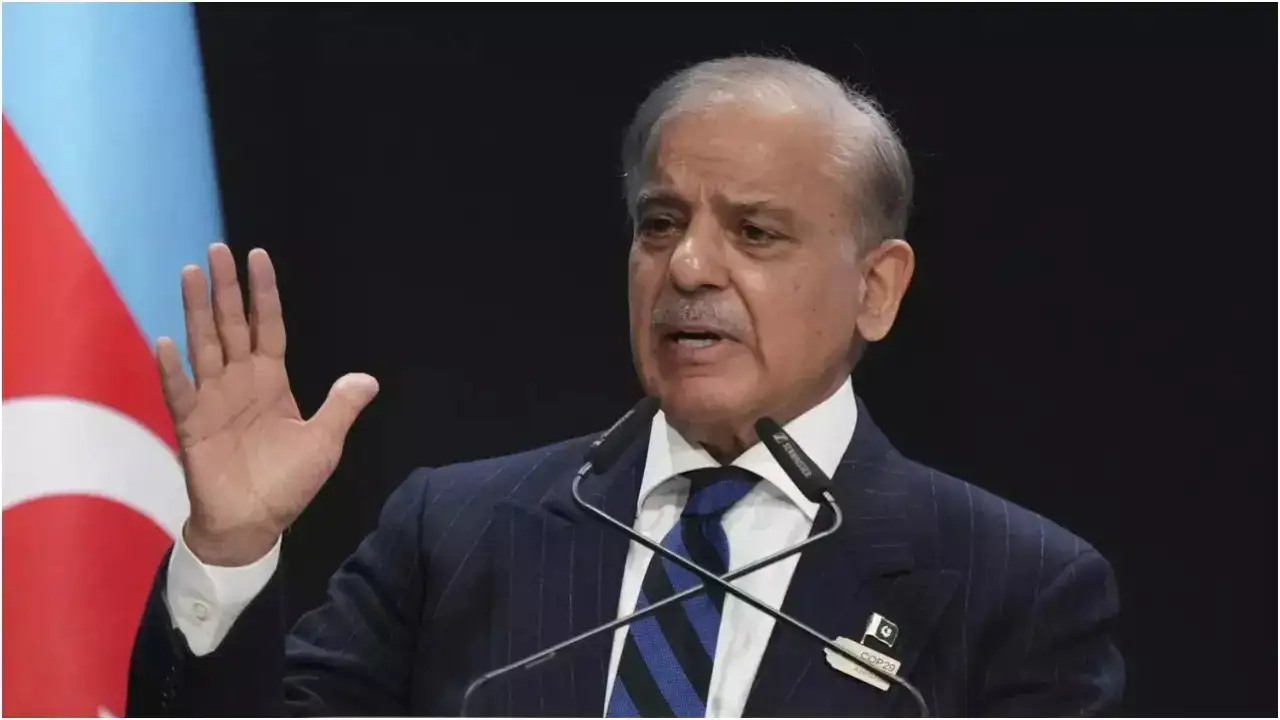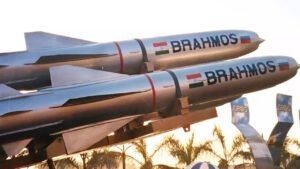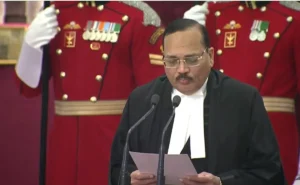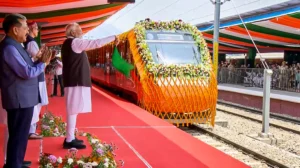Pakistan PM Shehbaz Sharif has made shocking admissions about India’s military reach into Pakistani soil. Recently, in public statements, Sharif has acknowledged Indian BrahMos missiles hitting Pakistani facilities, including crucial airport buildings, as their due.
This is an unprecedented breakthrough in South Asian military contours. Authorities in Pakistan seldom acknowledge successful foreign military operations on their land. Sharif’s blunt acknowledgement is unprecedented transparency about cross-border military clashes.
Pakistan PM: Gone Into Detail about Missile Strike
According to official accounts, BrahMos missiles displayed incredible precision with their flight paths. Indian-Russian cooperative defence producers’ supersonic cruise missiles glided into Pakistani air space under the radar of radar technology.
The targeted airport was severely destroyed, rendering several runways completely unusable. Around-the-clock emergency response teams laboured to ascertain damage levels throughout the facility.
The chief impacts are:
- Complete annihilation of the main runway structure
- Widespread destruction of terminal buildings and control towers
- Inconvenience to civilian and military aviation operations
- Serious suspicions regarding long-term border security measures
Strategic Implications for Regional Security
Military analysts are stressing that this event can redefine South Asian defence policies in perpetuity. Pakistan’s admission means their existing radar systems were unable to detect missile threats approaching adequately.
The BrahMos missile system is state-of-the-art military technology with speeds over Mach 3. Successful deployment shows India’s expanding military capabilities across regional borders.
Political Implications After Sharif’s Comment
Shehbaz Sharif’s public admission generated huge political pressure within Pakistani leadership ranks. Opposition parties are asking if there were sufficient defence preparations in place before these missile attacks took place.
In addition, this confession could have an impact on future diplomatic talks between both governments. Regional peace discussions may become more complicated due to these recent military actions.
Pakistan PM: Technical Analysis of BrahMos Capabilities
The BrahMos missile system also features sophisticated guidance technology that guarantees precise targeting throughout combat operations. The missiles are armed with conventional warheads that can destroy infrastructure targets throughout adversary territories.
Due to their supersonic speed, such missiles pose challenging threats to current defence systems. Conventional radar networks tend to fall short in the effective detection of such high-speed airborne threats.
World powers keep a close watch on South Asian military actions, especially those concerning missile technology demonstrations. The United Nations could make declarations urging restraint from the two countries involved.
Regional allies such as China and the United States may pressure the two countries towards peaceful resolution strategies. Economic ramifications may be experienced in trade relations across the entire Asian continent.
Historical Context of Indo-Pakistani Military Incidents
Past military encounters between Pakistan and India were usually based on conventional methods of warfare. The current missile attack, however, amounts to a dramatic escalation of technological warfare capabilities.
Both countries have nuclear capability, making any military engagement perilously risky for international stability. The global community continues to be seriously concerned about escalation options.
Pakistan PM: Airport Infrastructure Damage Assessment
Early reports of damage show the targeted airport needs months to rehabilitate before it can reopen for full operations. Its critical systems such as navigation equipment were irreparably damaged in the missile strike.
Scores of commercial flights have been cancelled daily, impacting thousands of passengers. Economic losses pile up as transport networks remain extensively dislocated.
Future Security Preparations Under Review
Pakistani command leadership is calling for full assessments of existing defence systems after these penetrating missile successes. New radar sites and missile defence units may see priority allocations.
Military training programs could see significant expansion to fill weaknesses exposed in this case. Intelligence collection capabilities need to be upgraded right away so surprises do not continue.
Pakistan PM: Regional Stability Concerns Mount
Neighbouring nations voice increasing concern over possible military escalation between these two nuclear powers. Bangladesh, Afghanistan, and Iran are keeping a close watch on developments that might impact regional trade routes.
International observers have cautioned that such military moves have the potential to destabilize peace arrangements previously reached between both nations. Diplomatic channels are open despite increasing tensions.
Conclusion: A Turning Point in South Asian Relations
Shehbaz Sharif’s acceptance is a turning point in Indo-Pakistani relations. The effective BrahMos missile attack shows shifting military dynamics in South Asia.
In the future, both countries need to prioritize peaceful solutions over military conflict. The international community is prepared to support peaceful negotiations that might avoid future escalation.
This landmark recognition by Pakistan’s Prime Minister indicates that old defence strategies need to be modernized urgently. Stability in the region is largely dependent on how both countries react to these emerging military capabilities in the months ahead.








Be First to Comment